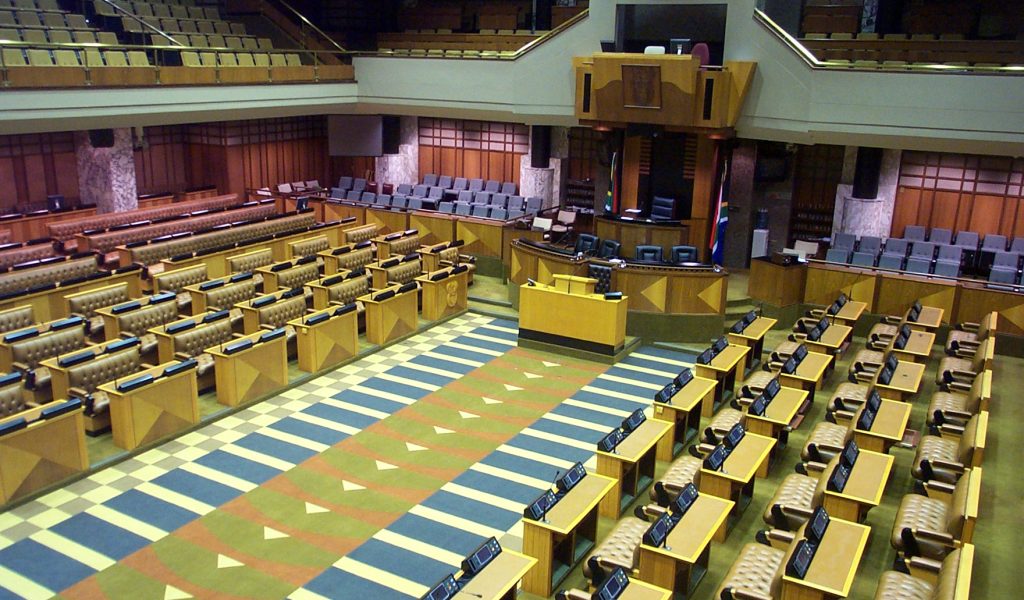The most remarkable feature of an otherwise further corrosive budget was the finance minister’s effective concession that the private sector will run future energy expansion.
This was announced as part of the conditions of the national government’s R250 billion bailout package for Eskom. The conditions point to an intention to optimise but not expand existing Eskom coal capacity, and to giving private concessions for Eskom power station management. This provides for potentially efficient Eskom power station management by private operators, but also implies that the private sector must take charge of new electricity expansion projects.
Other conditions unfortunately suggest a possible capping of coal power production, which, we warn, the government may try to extend to the private sector. This would jeopardise energy security in South Africa. All technological solutions must remain on the table, and Sakeliga will oppose attempts to limit market solutions to a severe energy crisis.
National Treasury’s conditions seem to provide for strict financial and operational oversight for Eskom and greater focus on transmission and distribution stability. This possibly aims to avoid a repeat of the colossal wastage and loss of focus that occurred at Medupi and Kusile power stations.
The bailout will add R250 billion to the government’s debt over and above the additional R800 billion to be added over the next three years. This is a piercing reminder of the costs of state failure and the urgent need to state-proof the economy.
The budget shows an ANC still unwilling to deviate from its long-standing priorities and corrosive fiscal approach. Despite an unsustainable borrowing trajectory and facing several severe crises – notably in energy, violent crime, and municipal collapse – the government will add over a trillion rand to the state debt in the coming three years. Moreover, it intends to do so amid what appears to be optimistic revenue projections which may conceal greater fiscal vulnerabilities.
Overall, the budget confirms for Sakeliga that the business community must continue to build state-proof alternatives for trade, infrastructure and security, and embrace the rapidly emerging opportunities to develop scalable private energy solutions. Sakeliga stands ready to support and develop solutions as part of these efforts, and litigate where necessary to remove unwarranted state barriers to private energy production.

